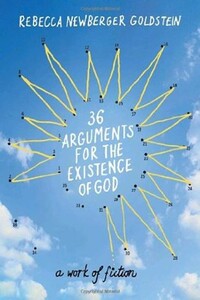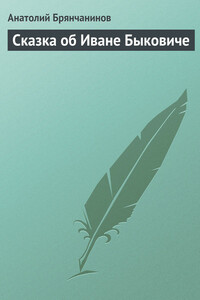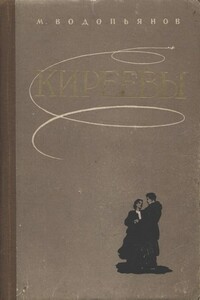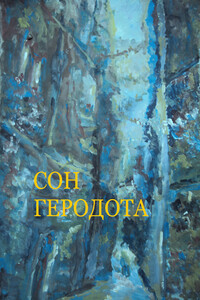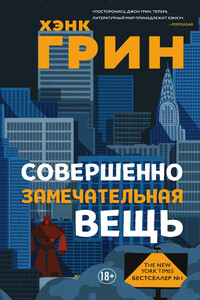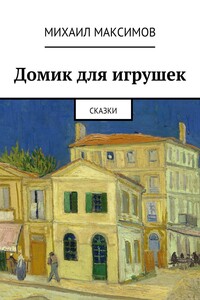I The Argument from the Improbable Self
Something shifted, something so immense you could call it the world.
Call it the world.
The world shifted, catching lots of smart people off guard, churning up issues you had thought had settled forever beneath the earth’s crust. The more sophisticated you are, the more annotated your mental life, the more taken aback you’re likely to feel, seeing what the world’s lurch has brought to light, thrusting up beliefs and desires you had assumed belonged to an earlier stage of human development.
What is this stuff, you ask one another, and how can it still be kicking around, given how much we already know? It looks like the kind of relics that archeologists dig up and dust off, speculating about the beliefs that once had animated them, to the best that they can be reconstructed, gone as they are now, those thrashings of proto-rationality and mythico-magical hypothesizing, and nearly forgotten.
Now it’s all gone unforgotten, and minds that have better things to think about have to divert precious neuronal resources to figuring out how to knock some sense back into the species. It’s a tiresome proposition, having to take up the work of the Enlightenment all over again, but it’s happened on your watch. You ought to have sent up a balloon now and then to get a read on the prevailing cognitive conditions, the Thinks watching out for the Think-Nots. Now you’ve gone and let the stockpiling of fallacies reach dangerous levels, and the massed weapons of illogic are threatening the survivability of the globe.
None of this is particularly good for the world, but it has been good for Cass Seltzer. That’s what he’s thinking at this moment, gazing down at the frozen river and regarding the improbable swerve his life has lately taken. He’s thinking his life has gotten better because the world has gone bonkers. He’s thinking zealots proliferate and Seltzer prospers.
It’s 4 a.m., and Cass Seltzer is standing on Weeks Bridge, the graceful arc that spans the Charles River near Harvard University, staring down at the river below, which is in the rigor mortis of late February in New England. The whole vista is deserted beyond vacancy, deserted in the way of being inhospitable to human life. There’s not a car passing on Memorial Drive, and the elegant river dorms are darkened to silent hulks, the most hyperkinetic of undergraduates sedated to purring girls and boys.
It’s not like Cass Seltzer to be out in the middle of an icy night, lost in thought while losing sensation in his extremities. Excitement had gotten the better of him. He had lain in his bed for hours, mind racing, until he gave up and crawled out from under the luxe comforter that his girlfriend, Lucinda Mandelbaum, had brought with her when she moved in with him at the end of June. This comforter has pockets for the hands and feet and a softness that’s the result of impregnation with aloe vera. As a man, Cass had been skeptical, but he’s become a begrudging believer in Lucinda’s comforter, and in her Tempur-Pedic pillow, too, suffused with the fragrance of her coconut shampoo, making it all the more remarkable that he’d forsake his bed for this no-man’s stretch of frigid night.
Rummaging in the front closet for some extra protection, he had pulled out, with a smile he couldn’t have interpreted for himself, a long-forgotten item, the tricolor scarf that his ex-wife, Pascale, had learned to knit for him during the four months when she was recovering from aphasia, four months that had produced, among other shockers, an excessively long French flag of a wool scarf, which he wound seven and a half times around his neck before heading out into the dark to deal with the rush in his head.
Lucinda’s away tonight, away for the entire bleak week to come. Cass is missing Lucinda in his bones, missing her in the marrow that’s presently crystallizing into ice. She’s in warmer climes, at a conference in Santa Barbara on “Non-Nash Equilibria in Zero-Sum Games.” Among these equilibria is one that’s called the Mandelbaum Equilibrium, and it’s Cass’s ambition to have the Mandelbaum Equilibrium mastered by the time he picks her up from the airport Friday night.
Technically, Lucinda’s a psychologist, like Cass, only not like Cass at all. Her work is so mathematical that almost no one would suspect it has anything to do with mental life. Cass, on the other hand, is about as far away on the continuum as you can get and still be in the same field. He’s so far away that he is knee-deep in the swampy humanities. Until recently, Cass had felt almost apologetic explaining that his interest is in the whole wide range of religious experience-a bloated category on anyone’s account, but especially on Cass’s, who sees religious frames of mind lurking everywhere, masking themselves in the most secular of settings, in politics and scholarship and art and even in personal relationships.
For close to two decades, Cass Seltzer has all but owned the psychology of religion, but only because nobody else wanted it, not anyone with the smarts to do academic research in psychology and the ambition to follow through. It had been impossible to get grants, and the prestigious journals would return his manuscripts without sending them out for peer review. The undergraduates crowded his courses, but that counted, if anything, as a strike against him in his department. The graduate students stayed away in droves. The sexy psychological research was all in neural-network modeling and cognitive neuroscience. The mind is a neural computer, and the folks with the algorithms ruled.
